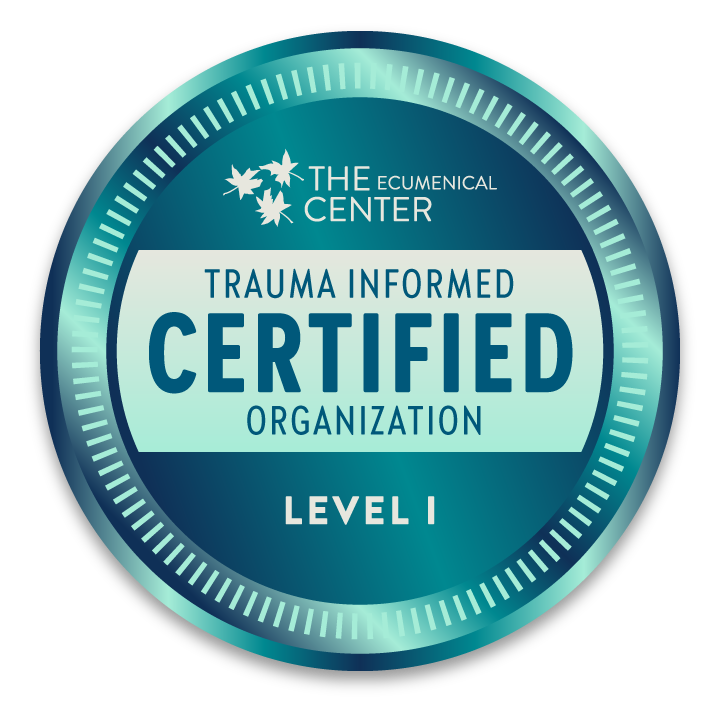The words we use have a tremendous impact on those around us. It’s crucial to choose our language carefully when speaking of adoption and foster children. We should strive to use phrases that reflect how deeply we care. This means we need to avoid words that cast judgment on the child, paint the parent as a faultless hero, or hinder our ability to have open, loving conversations. Instead, we should aim to build connections and share imperfections with our children.
Foster and Adoption Language
The National Council for Adoption (NCFA) explains how important it is to use accurate language and cautions that language can be subjective. Each family may have a different perspective and use different terminology. However, the NCFA recommends particular words when speaking of children from hard places. For example, instead of saying “real or natural parent,” say “birth parent, biological parent, or first parent.” Instead of “own child,” say “child.” Instead of “adoptive parent” or “adopted child,” try simply “parent” or “child.”
Another example of a word to avoid is “broken.” Broken is a prevalent term in foster and adoption circles. We think that when we label children from trauma as being broken, it’s a soft way of saying they’ve been hurt. “Broken” is also a label we put on the home environments our children have come from. Even more prevalent is the way we describe the entities that govern adoption and foster children: “The system is so broken.” While we often talk about the brokenness of kids and systems, we are less apt to talk about the brokenness in ourselves as we parent children from trauma.
Savior Language
Dr. Karyn Purvis, author of The Connected Child, coined the phrase “children from hard places” to describe adoption and foster kids. When we decide to bring these children into our home, we have great intentions. We “feel the call” and/or we just “want to give a child a home who needs one.” So, we enter this unusual parenting journey with an attitude of one who is a fixer, healer, or in some cases hero.
Interestingly enough, such attitudes set us up for failure in our parenting efforts. When we approach our adoption and foster children with this attitude of savior, we are doing them a disservice. We have put ourselves up on a pedestal as the hero. They look to us as having achieved a standard they can never reach.
Sharing Imperfections and Brokenness
I’d like to suggest a different approach as we parent our children from hard places. If we can seek to connect to them as fellow humans with brokenness of our own, the self-righteousness fades and we become much more approachable to our hurting kids. Time and again I’ve seen healing occur faster when parents humble themselves on this journey. When they address their own past, hurts, and struggles, connection happens faster. They approach their children as fellow sojourners on path of life, instead of these children seeing their parents with mythical superhuman abilities. And what does connection do? It fosters healing.
In the book of Hebrews, the author talks about a priest who was able to “deal gently with those who are ignorant and going astray” (Hebrews 5:2) because he was aware of his own weaknesses. As we parent our adoption and foster children, we should ask ourselves a question. Are we dealing gently with their “broken” behavior as fellow human beings struggling with our own brokenness or are we approaching them as the unbroken one in the relationship?
Mark Gregston, author and executive director of Heartlight, a treatment center for adolescents in crisis, has this to say about imperfect parenting in his devotional called Parenting Today’s Teens:
“You can help your child through the process of realizing that you aren’t perfect. Dad isn’t Superman, and Mom isn’t Wonder Woman. If you’re like me, you’re far from ideal! Admitting the truth won’t destroy your child’s concept of who you are as a parent or damage your relationship with him. In fact, it can bring you closer together. And it will probably affirm what he already knows anyway. Nobody’s perfect! When you’re up front about your imperfections, you help your teen feel a little more comfortable in his own skin. His world is filled with voices that remind him every day how imperfect he is. You can teach him by example how to have a confident but realistic assessment of himself. Being imperfect is okay. In fact, when your teen sees you making it in life even though you’re not perfect, he will have a good reason to believe he can make it too – without trying to attain to an ideal he’ll never reach this side of heaven.”
Encouraging Takeaway
While we all want our children to think of us as heroes, it’s important for them to know that no hero is perfect, and neither are you. Encourage adoption and foster kids to think of you as an imperfect hero with broken areas in your own life. This could be one of the more important lessons to teach your child. Doing so just might create a superhero-sized connection between the two of you.
NEED MORE PARENTING TIPS?
If you want more parenting tips geared for families impacted by foster care, adoption, and kinship care, please visit our resource library. If you need personalized trauma-responsive education for your family, we would love to help! Contact us to learn more about the ways Chosen can support your family.













